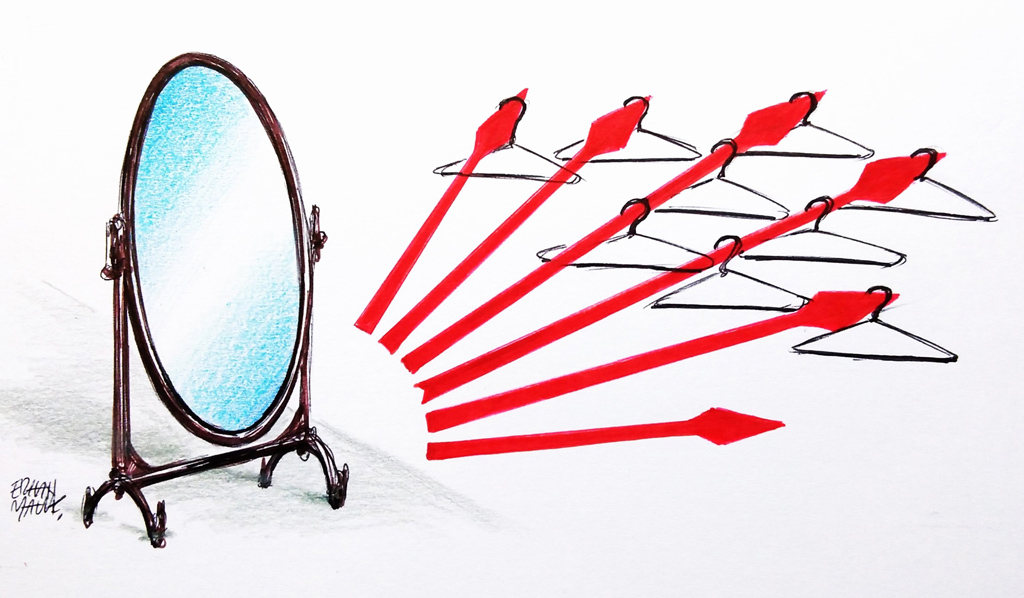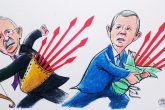Since taking over as chairperson of the Republican People’s Party (CHP), Özgür Özel has notably distanced himself from his “polemicist” style of his tenure as minority whip. Many wonder why the new Republican leader, who adopted this approach prior to the March 31 municipal elections and remained committed to it thereafter, is doing what he is doing and how long he intends to do it.
Specifically, Özel has shown due respect to President Recep Tayyip Erdoğan’s office, asking him for an appointment and praising the virtues of dialogue, negotiation and putting an end to polarization. By offering to meet Erdoğan at the Presidential Complex, he effectively abandoned the CHP’s long-standing approach.
What does Özgür Özel hope to achieve?
It is possible that he presumes that President Erdoğan accepting him (Özel) as his counterpart would strengthen his credentials as CHP chair – particularly at the expense of Istanbul Mayor Ekrem Imamoğlu. Alternatively, one could argue that Özel seeks to reinforce CHP’s ambition to “change” with a new rhetorical style. (Perhaps he thinks that this discourse led his party to success in the municipal elections.) It is also possible to assume that he has been receiving positive feedback for using his campaign tactics in the postelection period.
Of course, the cautious assessment of CHP’s success (by Özel and other senior party officials), their eagerness to connect with voters and their use of religious symbols as a “common policy” are not lost on anyone. This approach seems to be the product of a “file” that has been discussed and studied in detail.
In this sense, there is an effort to support CHP’s change with a mindset that the electorate would be more likely to accept rather than “leftist or Kemalist ideology.” Moreover, as part of this carefully crafted agenda, CHP will place emphasis on “social municipalism” and use it to criticize the government over the state of the Turkish economy.
The CHP chairperson’s new brand of politics rests on a two-pronged approach. First, he wants to start a dialogue with the government and enter into negotiations regarding the country’s issues. This step strengthens Özel’s position vis-à-vis Imamoğlu and Ankara Mayor Mansur Yavaş. Secondly, he occasionally makes remarks reminiscent of his tenure as minority whip and the Kemal Kılıçdaroğlu era.
Another noteworthy development has been the CHP chairperson’s changing views on “early elections.” Having refused to call for an early general election in the immediate aftermath of the March 31 municipal elections, Özel has recently softened his tone and pledged to demand an early election “if the nation wants.”
Will a meeting between the leaders and Özgür Özel’s softening tone bring about a new political climate? It is impossible to answer that question for another couple of months because one would have to observe the “New Constitution” debate, the counter-PKK operations, the repercussions of spending cuts and the overall state of the economy – not to mention how CHP intends to politicize those developments and which direction the identity politics of the Green Left Party (YSP), informally known as the Peoples’ Equality and Democracy Party (DEM Party), will take. The fate of the new brand of politics, which Özel has been trying to promote, will be determined by that context.



